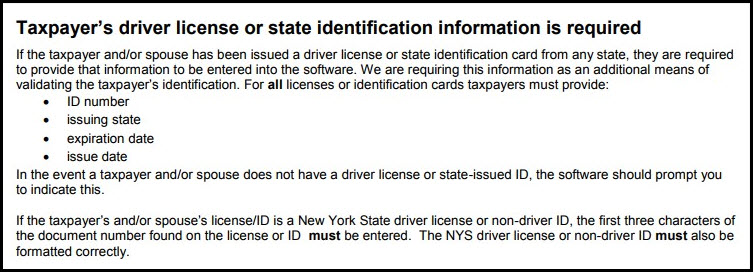 Uncategorized
Uncategorized
Your 2018 Health Plan Must Comply With ACA Rules…
February 27, 2018 By Michelle Andrews from Keiser Health News
Health plans that don’t meet the standards of the Affordable Care Act; work requirements for Medicaid coverage; changes to Medicare’s approved drug lists: As the ground continues to shift on health care coverage, I’m answering readers’ queries this week about these three different types of plans:
I lost my job last year and my employer coverage ended in January. I bought a new plan through the marketplace that went into effect last month. I just received policy information, and it states that because the plan does not cover major medical services, I may have to pay additional taxes to the government. I was told that the plan didn’t cover major medical, but wasn’t told about any taxes. Will I be fined next year?
It sounds like you bought a plan that doesn’t comply with the Affordable Care Act’s requirements, and if that’s the case you may indeed have to pay a penalty for not having comprehensive coverage when you file your taxes next year.
The tax reform law repealed the individual penalty for not having health insurance, but that provision doesn’t take effect until 2019. So, for 2018, you may be charged the greater of $695 or 2.5 percent of your household income.
The federal- and state-run marketplaces established by the ACA sell only comprehensive plans that cover 10 essential health benefits, including “major medical” services like hospitalization and prescription drugs.
But some insurance broker websites call themselves marketplaces too, says Sabrina Corlette, a research professor at Georgetown University’s Center on Health Insurance Reforms. And that can be confusing. These companies may sell other insurance products — like short-term or accident coverage — alongside comprehensive plans that comply with the law.
Ever since the health law was passed, “There have been opportunistic companies trying to take advantage of consumer confusion to make money,” Corlette says.
If you aren’t happy with your plan, you may still be able to switch. Losing your employer coverage qualifies you for a 60-day special enrollment period to pick a new plan. Since it appears you’re still in that window, you may be able to choose a comprehensive plan.
To ensure you’re using your state’s official marketplace, go to healthcare.gov and click on “see if I can change.” That will take you to your state marketplace, even if you live in one of the dozen or so states that run their own exchanges.
I’m in a state that is looking into work requirements for Medicaid. At sign-up time, can I simply tell the exchange that I intend to be ineligible for Medicaid by refusing to work and get the premium tax credit to buy a private plan on the insurance marketplace?
Federal health law regulations don’t clearly address the situation you describe, but the short answer is probably not, according to policy analysts.
In general, people who are eligible for employer coverage or Medicaid — the federal-state health program for people with little income — can’t qualify for federal tax credits that help pay for premiums on plans sold on the health insurance exchanges.
This year, Kentucky and Indiana became the first states to receive federal approval to require some Medicaid recipients to put in 80 hours each month at a paid job, school or volunteer work (among other activities), to receive benefits. Nearly a dozen other states have made similar requests.
States might argue that someone in your situation is eligible for Medicaid — you just have to fulfill the work requirements, says Timothy Jost, an emeritus professor of law at Washington and Lee University in Virginia, who is an expert on the health law.
There are other actions people could take — or fail to take — where this issue might come up. “You could argue that someone is not eligible because they haven’t completed the Medicaid application or provided the required documentation,” Jost says. “There are any number of requirements, but I can’t imagine someone saying they didn’t do those things and so they’re not eligible for Medicaid.”
Whatever the rules, it’s unlikely that many people will be in a position to consider taking this stance. To qualify for premium tax credits, your income must be between 100 and 400 percent of the federal poverty level (about $12,000 to $48,500 for an individual in 2018). But you’d also have to be eligible for Medicaid, generally with an income limit of 138 percent of poverty (about $16,750) in states that expanded coverage to adults. In addition, the Medicaid work requirements in your state would have to apply to you.
I picked a Medicare Part D drug plan that covered all the drugs I take. But as soon as I got my first Novolin R prescription filled, they notified me that they don’t cover it anymore. Can they just switch it like that?
Medicare drug plans can change their list of covered drugs, called formularies. If they’re doing so at the start of the new calendar year, as appears to have happened in your case, the plan may notify you of the change when you fill the prescription for the first time in the new year. At that time, the plan would typically give you a 30-day transition refill so you can switch to another drug that’s on the formulary or start the appeals process to continue taking your current insulin drug, Novolin R.
To go that route, you would need to get your doctor to “make the case for why that formulary drug is not the right drug” for you, says Casey Schwarz, senior counsel for education and federal policy at the Medicare Rights Center, an advocacy group.

